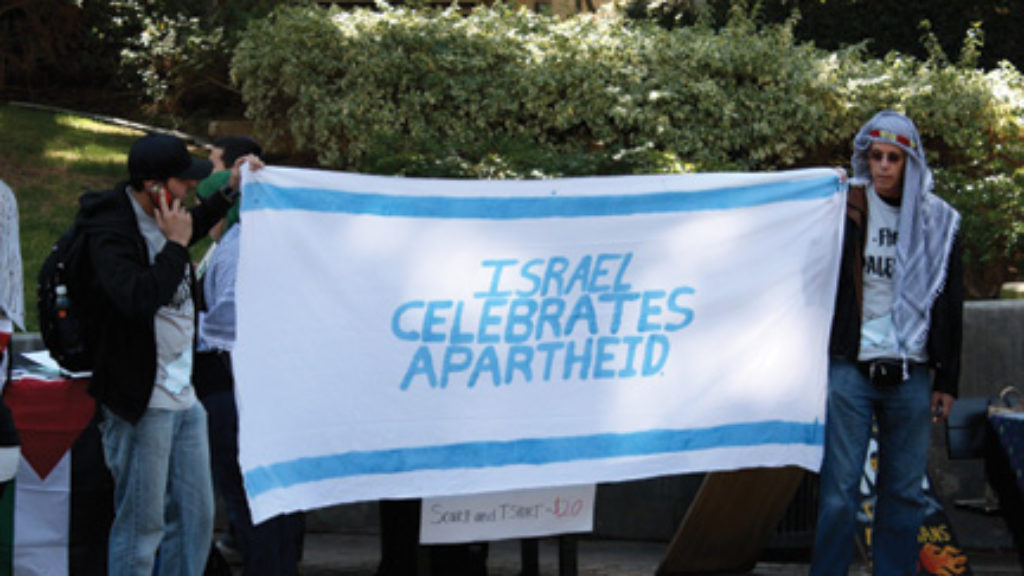Rabbi Ovadia Yosef and the Halakhot of Hostages: Part I
After the hijacking of Air France Flight 139 but prior to the IDF’s daring Entebbe rescue on July 4, 1976, the families of the hostages asked Israel’s Sephardic Chief Rabbi Ovadia Yosef (1920–2013) for a halakhic opinion whether on Israel could release terrorists in exchange for the Entebbe hostages.
Rabbi Yosef had an encyclopedic knowledge of rabbinic literature and was one of the most brilliant halakhic thinkers of the twentieth century. His teshuvah (responsum) repays close reading, especially now in light of the 240 or more hostages presently being held by Hamas in Gaza, and Hamas’s demand that Israel release all current Hamas prisoners in exchange for the release of hostages. Over the next few weeks, I will translate and briefly analyze key passages of his twenty-page teshuvah, some of the sources Rabbi Yosef drew upon, and other texts that address the duty to ransom captives.
Rabbi Yosef first published his teshuvah in 1977 in a rabbinic journal and later included it, with minor variations, in the tenth volume of his Responsa Yabi’a Omer (Hoshen Mishpat §6). In the classic fashion of any posek or halakhic decisor, he begins with a statement of the facts and a legal reformulation of the question.
On 29 Sivan, 5736 [June 27, 1976], an Air France airplane on its way from Paris to Israel was hijacked by terrorists. The hijacked plane contained many passengers, including 104 Jews on the way to Israel. The plane landed in Uganda, which is four thousand kilometers from Israel. In Uganda, the terrorists were aided by the Ugandan authorities, who are Jew-haters. There, all passengers were released except for the Jews among them. The hijackers presented an ultimatum, demanding that their comrades, forty terrorists imprisoned in Israel, be released within forty-eight hours, or else they would harm the hostages they were holding.
The question arose: According to halakhah, should the terrorists imprisoned in Israel be released, as the hijackers demand, to save the lives of the abducted Jews? Or perhaps we should say that, aside from inviting further abductions to extort the release of more terrorists once this plot succeeds, there is also concern that the terrorists released from prison will almost certainly attempt to infiltrate the State of Israel again, to kill and murder men, women, and children. Thus, to save the abducted Jews from certain danger, we place the entire Jewish population of Israel, and especially of border cities, in circumstances of real potential danger.
The first stage of Rabbi Yosef’s long analysis revolves around the question of endangering the lives of some to save the lives of others:
The basis of the law . . . is in Tosefta Terumot (7:23): “A group to whom gentiles said, ‘Give us one of you, and we will kill you, and if you do not, we will kill you all,’ they should all be killed and not hand over a single Jewish life. But if they specified, as in the case of Sheba son of Bichri, they should hand him over and not be killed.”
. . . Accordingly, in the present case, it would seem at first glance that since releasing imprisoned terrorists would endanger many residents of Israel, we should not take such an action . . . even though it entails the rescue of a hundred kidnapped Jews—in accordance with the law of the Tosefta . . . “they should all be killed and not hand over a single Jewish life.”
However, we can distinguish between the law of the Tosefta . . . and our case, for there, the very act of handing over a Jew to be killed is an act of cruelty, giving him to spillers of innocent blood to save themselves with his life. Therefore, they should all be killed rather than handing over a single Jewish life. Here, however, the act of releasing imprisoned terrorists is not being done with murderous intent. Rather, the goal is to save a hundred abducted Jews from their captors, in exchange for the release of these [terrorists]. . . .
The earliest rabbinic sources severely limit the circumstances under which a group of Jews may hand over one of their own so that the collective is spared. As he often does, Rabbi Yosef concludes his exhaustive discourse on the various aspects of the dilemma by introducing a distinction that allows him to circumvent these textual precedents: handing someone over is a form of collaboration with the killers, and one may not collaborate, even on pain of death. An exchange of prisoners, however, is fundamentally an act of rescue, not of collaboration, and therefore might be permitted.
He develops this line of reasoning by considering a kind of rabbinic version of the famous trolley car problem, which poses the question of whether one can save many lives by sacrificing one or a few. In Rabbi Yosef’s scenario, an agent can minimize fatalities by diverting a bomb or grenade away from a large group, which will inevitably cause the death of someone in the device’s new path.
Diverting an arrow (or bomb, or hand grenade) from one side to another is fundamentally an act of rescue, and it is not at all directly linked to the killing of the individual on the other side. It is merely incidental that there is a Jew on the other side right now, and perhaps we must make every effort to minimize the loss of Jewish life to the degree possible, for otherwise many lives will be lost. . . . The same is true in the present case; the release of terrorists is not akin to killing outright. Rather, it is like one who diverts and redirects a hand grenade and prevents the loss of many Jewish lives to the degree possible . . . especially since we are not certain that the terrorists who will be released will return to murdering Jews, since they have suffered for their wicked schemes.
Rabbi Yosef ends this first part of his responsum by concluding that exchanging terrorists for hostages is not akin to handing over one person for slaughter to save another, and is therefore permitted.
In our next translation, Rabbi Yosef turns to address a different, related problem: May individuals risk their lives to save others who otherwise will certainly die?
Comments
You must log in to comment Log In
Suggested Reading
Judaism’s Feminist Future
For Judith Hauptman, the Conservative push for women’s rights holds the key to its future--and the future of Judaism as a whole.

Kamp Vught: David Koker’s Netherlands
In a concentration camp tucked quietly away in a forest near Amsterdam, David Koker kept a rare diary of life during Nazi internment.
Something Antigonus Said
When the Saducees misinterpreted Antigonus of Sokho, they lost eternity--at least that's what the Rabbis thought.

Climate of Opinion
Academic scholars, of all people, should recognize that excoriation is not an acceptable substitute for argument, but, in fact, it pervades much of the discourse that today passes as “criticism of Israel.”
David Z
The follow up question might be are you then required to do so or is it merely within a range of permissible actions? You also haven't cited where he addresses the question of them kidnapping more Jews in the future, which I'm assuming he does ?